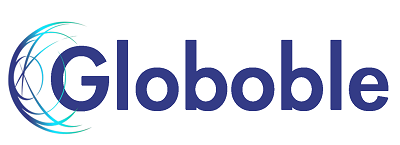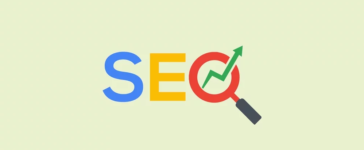While enabling addiction is very much a case-by-case situation, there are some telltale signs. Keep in mind as you read that these are all natural reactions, and that acting in this manner does not make you a bad person. It’s possible, however, that you’re unintentionally enabling addiction and need to alter your habits.
- You protect them from consequences.
Nobody likes to see a family member fall into trouble or suffer from health issues. However, addiction can lead to a person endangering themselves or others. The law can occasionally get in the way. If you’ve bailed out family and friends for drug charges, DUIs, or other illegal activities, their addiction will persuade them that nothing bad will happen if they drink or use drugs again.”Hitting rock bottom” is a term used by many addicts to describe the moment they realize they need help. But, if you keep rescuing them, how will they ever reach their breaking point? Of course, this does not imply that you should put them in harm’s way. Rather than rushing in to save them, you can use other resources, such as contacting law enforcement or mental health professionals if you fear they are in immediate danger.
- You rationalize their actions.
It’s all too easy to justify someone’s behavior when you’re close to them. You might not say anything when they head to the bar to get a drink, or two, or three, if you know they’ve had a particularly difficult day at work. It’s okay if they drink too much or do drugs because they’ve had a bad day, you tell yourself.This is a clear sign of enabling addiction because you’re teaching them that using drugs or alcohol when “justified” is acceptable. There will always be a cause or an excuse for someone with an addiction to take substances. As a result, while you may not be able to control their actions, making excuses for them will only serve to exacerbate the problem.
- You have no personal boundaries that you set or follow.
Do you have trouble forgiving a loved one for hurting you? Perhaps you’ve avoided expressing emotions to them because you don’t want to aggravate their symptoms (or behaviors). This can lead to a potentially toxic relationship with lasting consequences. Remember that a person’s mental illness may explain, but not excuse, their actions.
- You fund their addiction
People suffering from mental illnesses or substance abuse disorders may approach you for financial assistance during difficult times. Addiction is, after all, quite costly. Furthermore, untreated addiction and mental health issues frequently interfere with a person’s ability to work, leaving them jobless and unable to obtain drugs or alcohol readily. If your loved one continues to ask you for money, you may be enabling (and perhaps sponsoring) their addiction.
Saying No Is the Best Option
Enabling an addict will not help him or her get better in the long run, and it may even lead to death. The family that has been enabling for a long time needs help learning new behaviors as well. They can assist the addict in achieving long-term recovery if they learn how to detach and stop enabling them.Contact Skyward Treatment Center for more information on how we can assist you in overcoming addiction, learning how to create boundaries, and assisting your loved one.









